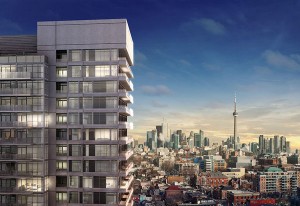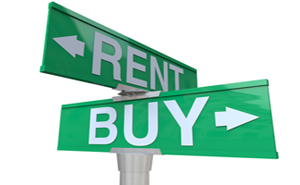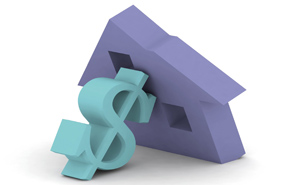 After you’ve estimated your mortgage payment and other ongoing costs for carrying your first home, you’ll also need to consider the one-time expenses associated with the purchase of a property. This includes your closing costs, as well as your moving expenses.
After you’ve estimated your mortgage payment and other ongoing costs for carrying your first home, you’ll also need to consider the one-time expenses associated with the purchase of a property. This includes your closing costs, as well as your moving expenses.
How much home can you afford? Part one: Budgeting your Carrying Costs
 Finding the right property at an affordable price can sometimes be a challenge. When it comes to deciding just how much home you can afford, there are two kinds of expenses you’ll need to consider – the ongoing or ‘carrying’ costs of the home, and your closing costs.
Finding the right property at an affordable price can sometimes be a challenge. When it comes to deciding just how much home you can afford, there are two kinds of expenses you’ll need to consider – the ongoing or ‘carrying’ costs of the home, and your closing costs.
The first step in determining your carrying costs is to get pre-approved for a mortgage. By pre-qualifying for a mortgage, you can find out up front what your maximum mortgage payment might be, even before your home search begins.
Government programs for First Time Home Buyers
For first time home buyers, any form of financial or planning incentive is a great way to make home buying easier and memorable. Investing in one’s first home is a big financial commitment. It takes some first time home buyers a number of years to make owning their own home a reality. The Canadian government, on all levels, has created a number of programs that first time home buyers can take advantage of. These provide accessible resources to help make buying a first property easier and more manageable.
First Time Buyers – Are you deciding between buying Freehold and Condo?

Condos can be a good starting point and a great choice for many people, including first-time buyers looking to get into the market and build equity. On the other hand, freehold units offer other advantages over the condominium option. You have more freedom to alter your property, and a bit more control over your maintenance costs.
Whatever your reasons and considerations are, it’s important you start out by knowing what you’re buying into.
To Buy or to Rent?
 For a lot of people, the number one reason they choose to rent versus buy their own home is their fear of signing their name to a long-term mortgage agreement. But let’s face it – very few of us can go through life without paying for our place of residence in one form or another. In that sense, you’ve already made a commitment to a fixed schedule of payments for housing — whether it’s in the form of a mortgage or a rental lease. In actual fact, one of the major advantages of a mortgage agreement is that it usually covers a longer time period than a lease — which can work in your favor.
For a lot of people, the number one reason they choose to rent versus buy their own home is their fear of signing their name to a long-term mortgage agreement. But let’s face it – very few of us can go through life without paying for our place of residence in one form or another. In that sense, you’ve already made a commitment to a fixed schedule of payments for housing — whether it’s in the form of a mortgage or a rental lease. In actual fact, one of the major advantages of a mortgage agreement is that it usually covers a longer time period than a lease — which can work in your favor.

